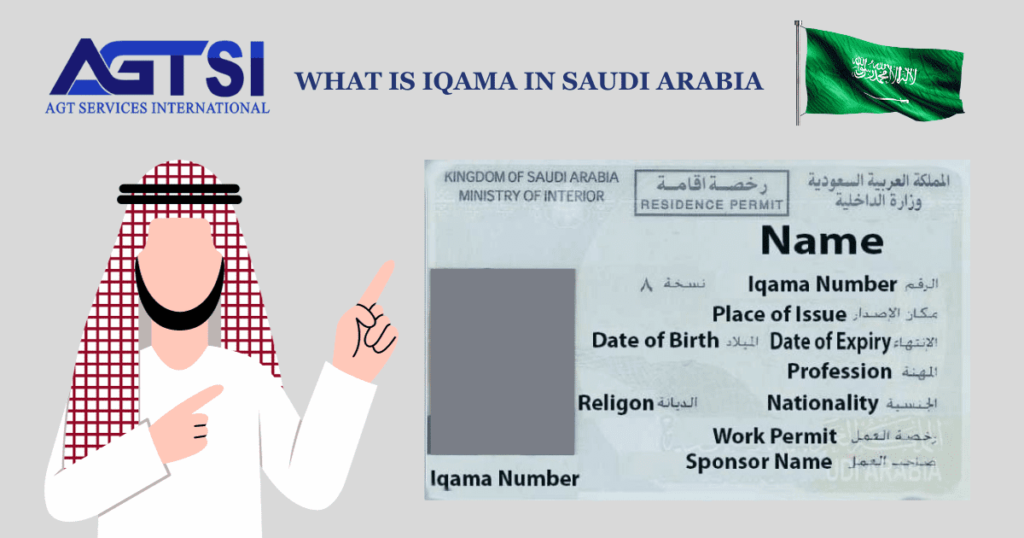Introduction
Welcoming a new member into a family is a special time, especially in Islam. One of the beautiful customs in Islamic tradition is performing the Azan and Iqamah for newborn babies. These rituals hold a lot of meaning and are done in the Sunnah way, following the teachings of Prophet Muhammad (peace be upon him).
1. Understanding Sunnah in Islam
“Sunnah” refers to the teachings and actions of Prophet Muhammad (peace be upon him). These teachings guide Muslims on how to lead their lives according to Islam. While performing Azan and Iqamah for newborns is not obligatory, it’s considered a good practice. welcoming the new baby into the Muslim community.
2. Azan and Iqamah for Newborns
Azan is the call to prayer recited by the muezzin to announce the time for prayers, and Iqamah is the call to start the prayer. Performing these for a newborn is a way of seeking Allah’s blessings and protection for the child. It also marks the beginning of their journey in the Muslim community.
3. The Timing of Azan and Iqamah
When a baby is born, it’s suggested to do the Azan and Iqamah as quickly as possible, within a few hours. It’s thought to bring blessings and protection to the child right from the start. Performing the Azan and Iqamah promptly after birth ensures that the child is enveloped in the blessings and protection of Allah from the very onset of their existence. It is believed that by reciting these sacred words over the newborn, they are shielded from harm and guided towards a life of piety. the timing of Azan and Iqamah for newborns is important in Islamic tradition. It is a sacred tradition that serves as a cornerstone of Muslim upbringing and spiritual development.
4. Steps to Perform Azan and Iqamah
The Azan consists of several phrases that declare the greatness of Allah and affirm faith. It begins with “Allahu Akbar” (Allah is the Greatest) and ends with “La elaha ill Allah” (There is no god but Allah). The Iqamah is shorter than Azan but carries a similar meaning.
5. Reciting Azan and Iqamah for the Newborn
When a new baby joins a family, it’s a really important time for everyone. During a special ceremony called Azan and Iqamah, someone close to the family holds the baby gently and speaks some special words into their tiny ears. These words are like a warm welcome into the Islamic faith. It’s like saying, “Hey little one, you’re part of something wonderful now.” This moment is all about love and starting the baby’s journey in the world on the right foot. The parents and family feel so happy and hopeful as they watch this sweet moment unfold.
6. Seeking Blessings and Protection
While performing Azan and Iqamah, family members often supplicate for the child’s well-being, success, and purity throughout their life. This act of prayer and supplication is believed to create a strong spiritual bond between the child and their faith, paving the way for a righteous life.
7. Involving the Community
Performing Azan and Iqamah for a newborn often involves family members and close friends, creating a sense of community and shared responsibility. It’s a time for celebration and gratitude, as well as an opportunity to reinforce Islamic values within the community.
Final Thoughts.
In Islamic tradition, the Sunnah way of performing Azan and Iqamah for a newborn holds deep significance, symbolizing the child’s entry into the Muslim community and seeking Allah’s blessings and protection for their journey ahead. By adhering to these rituals with sincerity and devotion, parents and families demonstrate their commitment to raising their children in agreement with Islamic teachings, instilling values of faith, purity, and community from the very beginning of their lives.



















